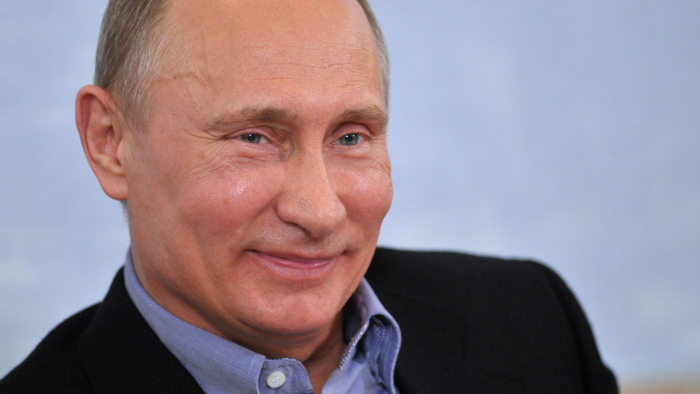Over the last week the world has witnessed the unraveling of a nation. The people of Ukraine have been upset for a while over their political leaders’ cozy relationship with Russia in lieu of building stronger ties with the European Union and the West.
Videos By Rare
Combine this discontent with a general frustration of government’s growing power at the expense of the people’s freedoms and you have the makings for the upheaval we’ve just witnessed.
Almost a hundred protesters were killed by government security forces and hundreds more were injured as the protests turned violent last week.
This culminated in Ukrainian President Viktor Yanukovych being voted out of office by the Parliament, forcing him to flee the capital of Kiev. His political opponent Yulia Tymoshenko was simultaneously freed from jail and the government remains in a precarious state of flux.
Beyond the horrific idea of people being shot by their own government as they beg for freedom, why does Ukraine matter?
Ukraine represents the linchpin in Vladimir Putin’s desire to build a Eurasian Union. Putin is trying to assemble a bloc of nations – mostly former Soviet satellite nations – to rival the United States, China and the European Union. He wants these states to unite politically, economically and militarily in their capabilities and subsequent benefits.
Former Secretary of State Hillary Clinton once described this as a move to “re-Sovietize the region,” and that is exactly what is at stake. Some in the region say that without Ukraine, Putin’s project is “impossible.” Upheaval in Ukraine puts a severe damper on Putin’s quest for regional and, perhaps one day, world domination.
Putin won’t roll over and let the people of Ukraine adopt their desired reforms and political affiliations without a fight. America’s national security advisor Susan Rice already warned Russia that sending armed forces into Ukraine would be a “grave mistake.”
A gambit of possibilities exist in terms of how Russia will assert its dominance over the situation. The question then becomes “what is the appropriate response from the United States?” Here’s where our lack of clarity and our diminished swagger on the world stage becomes an issue.
Time and time again, we’ve seen the Obama administration bend to the wishes of the Russians in an inconsistent effort to “reset” relations. The result has been the systematic embarrassment of the United States on the world stage.
Our unwillingness to follow through on our threats such as the Syrian red line have also called into question the strength of our words. Furthermore, our words carry less weight and our vision has gone blurry. Our foreign policy lacks clarity and conviction. This has left a vacuum for sinister actors such as Vladimir Putin to make his moves.
Putin is playing his strategic game of chess while we are still trying to set up a game of checkers.
The crisis for Ukraine is far from over. Now begins the painstaking process of reestablishing a political system, laws and values. The vulnerable nation could use guidance and clarity.
Throughout history the United States has claimed the mantel as the champion of freedom, liberty and democracy worldwide. If we are unwilling or unable to help the people of Ukraine secure the freedom they seek, then perhaps we should reconsider our role in the world. Perhaps we are no longer the leader of the free world.
But if we are not leading the world, someone will. Who do you want it to be? One thing is for certain and that is that Vladimir Putin would be perfectly happy to fulfill that role, much to the detriment of liberty, justice and peace.
I recognize that America is war-weary. I’m not advocating for America to put boots on the ground in Ukraine, but we must also recognize the geopolitical situation at play and the important role Ukraine serves. It could represent a chance for the United States to finally show some strength against Russia and follow through on our touted values. If we don’t, I fear the long-term repercussions of appeasement will be at the expense of our credibility and influence, not to mention world-wide stability.
We need clarity in our articulated values. We need credibility in our threats as well as our promises. We need a firm stance in the face of those who wish to make the world a more dangerous place, while maintaining open arms for all.
True influence can exist in the palm of an extended hand, rather than a closed fist. But that hand must be unwavering and clear about why it chooses to use its back side to slap those who try to bite it. This will be our best chance of advancing peace. That would be in the world’s best interest, and thusly our own.

